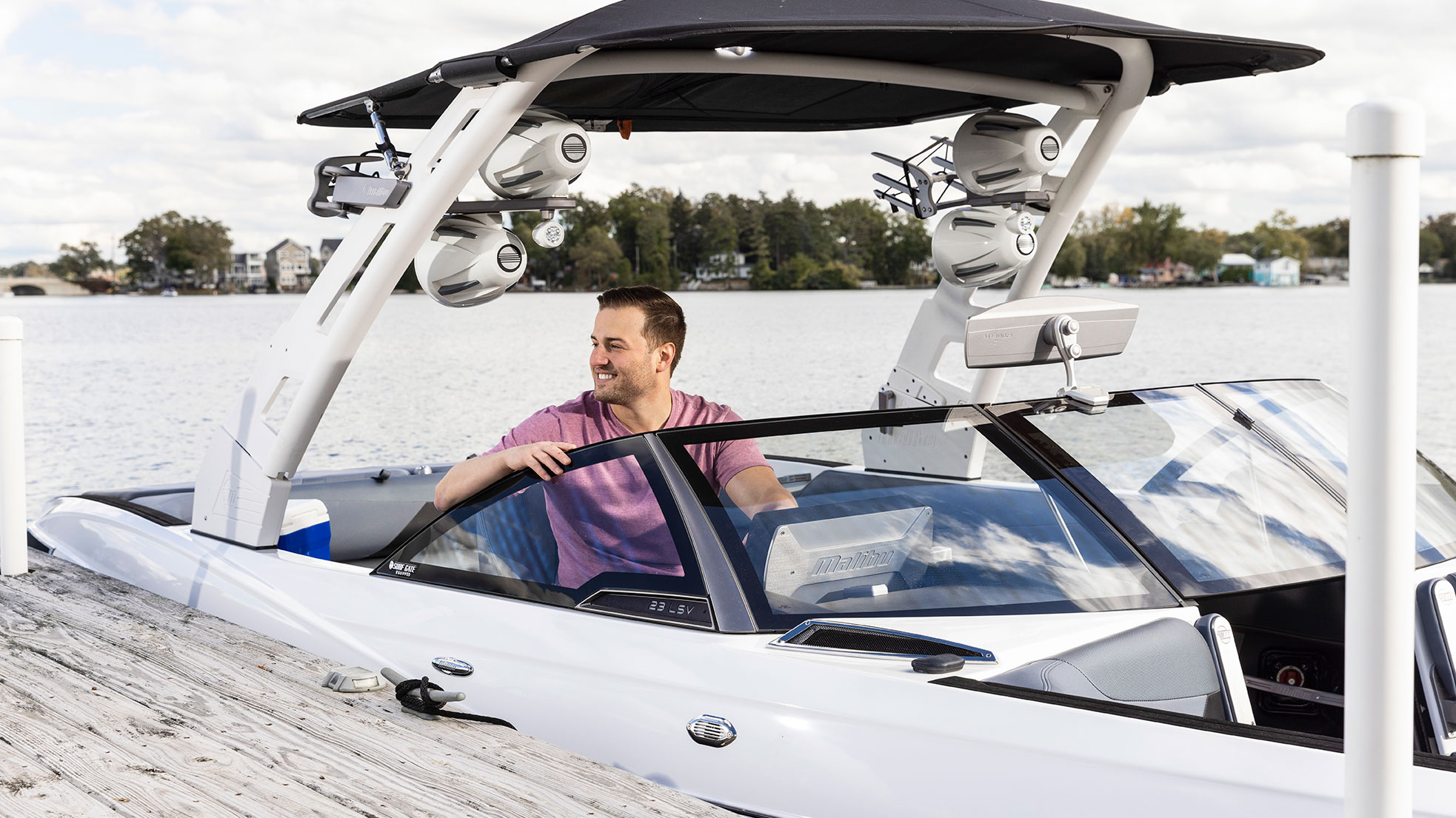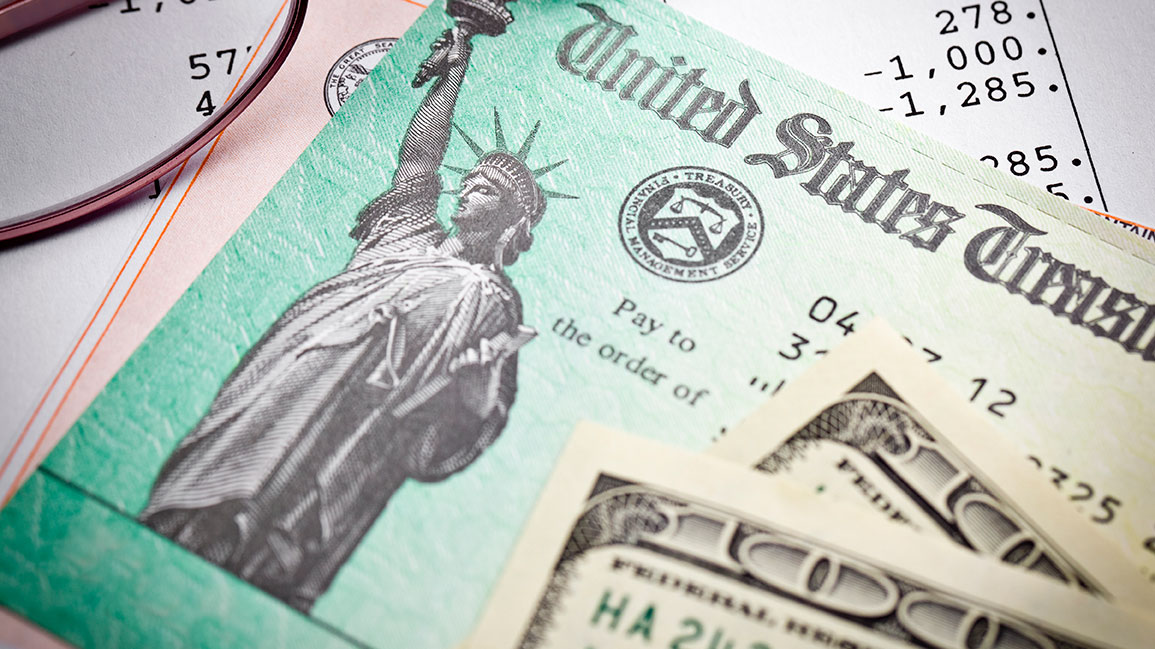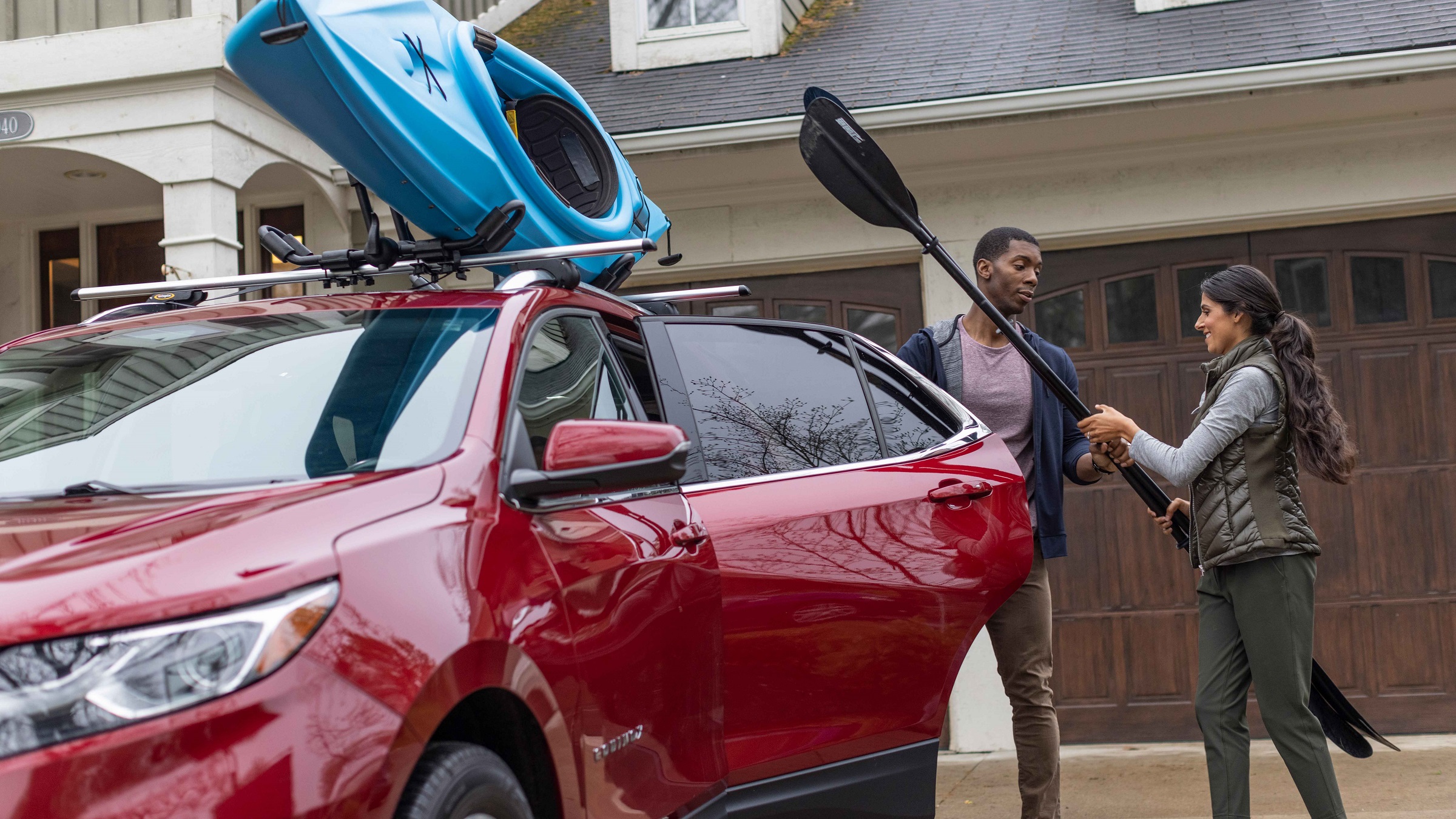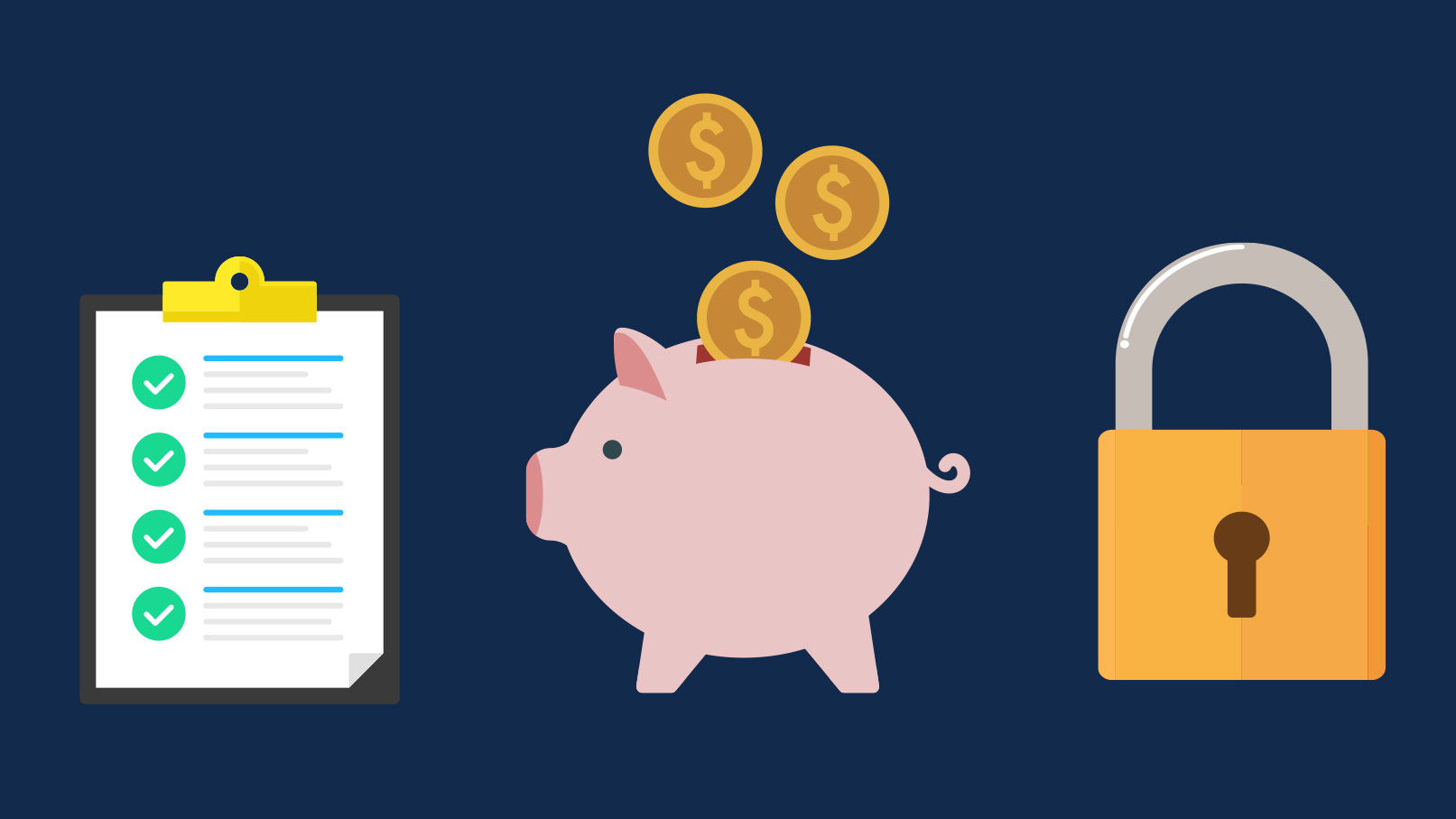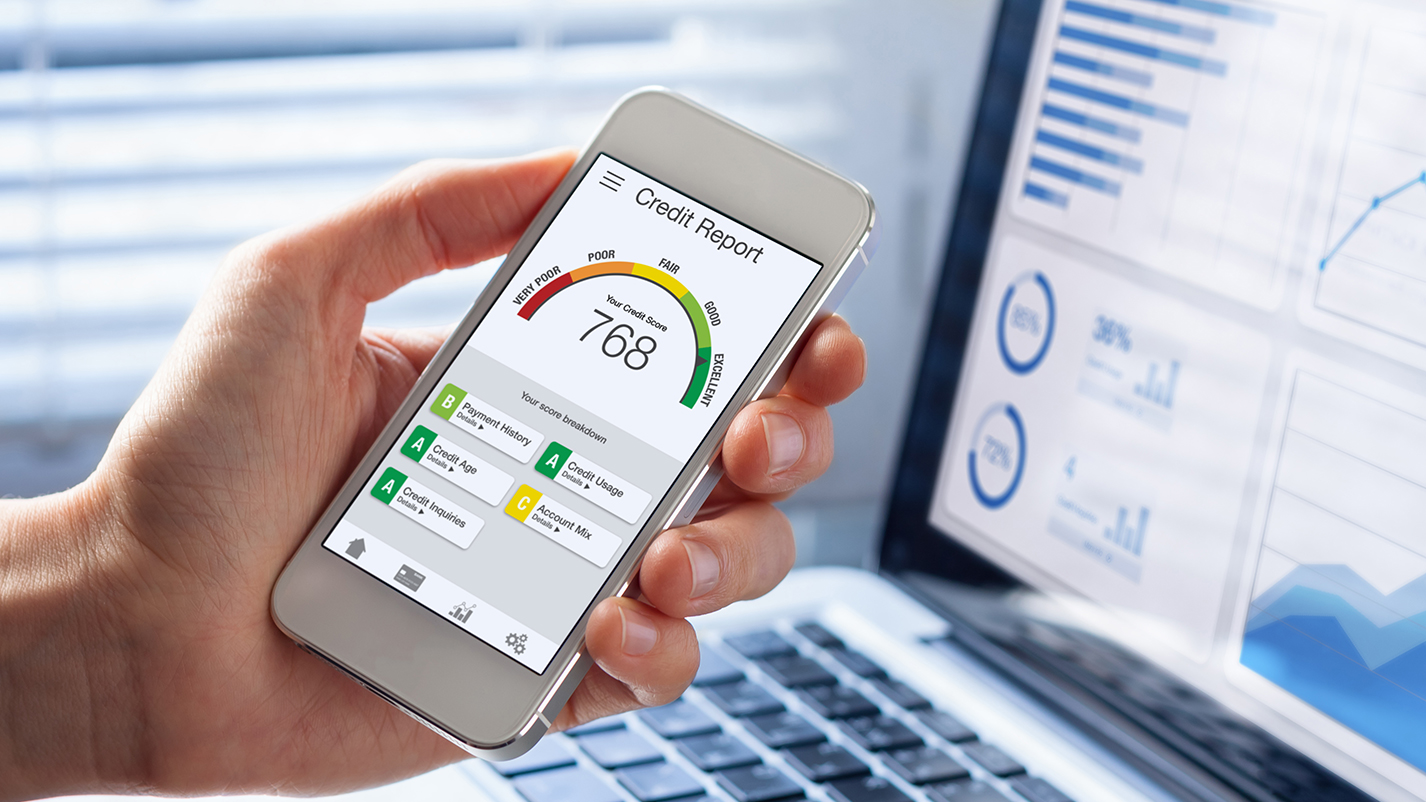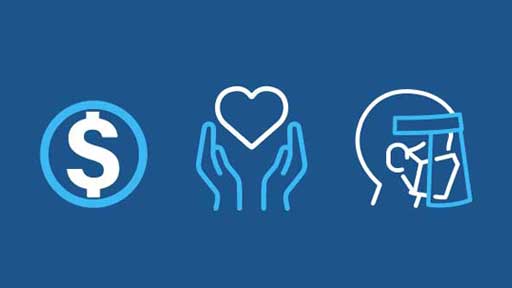
You have a job that lets you afford some of your essentials: takeout food, going out with friends, buying new clothes. And now you’re thinking of making a big purchase. One that you won’t be able to afford without getting your first loan. Should you do it? And can you qualify? Follow our seven tips below to find out the answers.
Make sure you have these basic qualifications.
You must be at least 18 years old to apply for a loan (and of course be obligated to pay it back) at a bank or credit union. In addition, you must have a regular income with which you can make payments.
Ask yourself: Do you really need it?
We asked Dave Thompson, Assistant Vice President of Retail Services at Michigan Schools and Government Credit Union, how to decide if getting a loan to purchase something is a good idea. He answered, “There’s just one question a person should ask: Is this a need or a want?” For instance, if you can’t get to your job without a car, that’s a need. But installing a high-end stereo system on that car is a want.
That’s not to say you can’t buy things you want, just don’t go into debt for them. Save up for them instead.
Learn the 5 C’s.
When you apply for a loan, the lender will approve or deny the loan based on the 5 C’s of credit:
- Character. In general, this refers to your credit history: Have you made payments on time? Do you have good credit? Younger applicants will have a shorter credit history, which can lead to a lower credit score. Learn about credit scores and establishing good credit.
- Capacity. This refers to your ability to pay back the loan. Lenders will ask for pay stubs or other proof that you have a regular income with which you can make payments. They will also check your debt-to-income ratio. This is the amount of your monthly debt payments divided by your monthly gross income. Monthly debt payments can be any other loans, credit card payments, rent or housing expenses, etc. Your gross income is the amount you make before taxes and other deductions are taken out. Lenders vary, but most prefer this ratio to be 35% or less.
- Collateral. Collateral is personal property with a monetary value. A lender can take it from you to compensate them if you fail to pay the loan. Failing to pay is called a default. Usually, the collateral is the item you are borrowing money to buy: a car, a house, etc. A loan with collateral is called a secured loan. A loan with no collateral, for instance, a personal loan to pay for a trip you want to take, is called an unsecured loan. Unsecured loans generally have higher interest rates than secured loans.
- Capital. This refers to any contribution you make toward the loan up front, like a down payment on a car or a home. The larger the down payment, the more equity you have in the transaction and the more serious and invested you appear as a borrower. And it’s less you have to borrow.
- Conditions. These are all the unique variables surrounding the loan or terms the bank or credit union establishes as requirements for the loan, like additional evidence of income if needed or an appraisal on real estate. Some additional variables can be: What are you borrowing the money for? How long have you been working at your job or in your industry? What does the economy look like? Obviously, some of these factors are outside of your control.
Be prepared to provide the 6th C.
If you have little credit history and/or a history of not paying back a loan or loans on time, a lender may ask you to provide a 6th C before they will approve your loan: a cosigner.
A cosigner is someone who signs the loan papers with you and promises to pay off the loan if you default. It’s common for parents to cosign their kids’ first loans. You can also ask an aunt or uncle, a trusted family friend, or even your employer, if you have a strong relationship with them. Keep in mind that your cosigner will need to have the 5 C’s of credit covered, too.
Choose your lender carefully.
As a first-time borrower, it’s exciting to hear that any lender is willing to give you a loan. But take the time to read the fine print. For example, most auto dealers will secure financing an auto loan for you, but the dealer is not the lender; dealer loans are financed by other institutions. Make sure you know who the lender really is and take the time to research them.
The advantage of borrowing from a nonprofit credit union like MSGCU is that our goal is not making money; it’s helping our members be financially successful. We look to establish long-term relationships with our members. So, if one month you have an unexpected expense that makes it hard to make your loan payment, we’re here to talk it over with you, and help you get back on track. As an added bonus, MSGCU has market-leading interest rates and fees tend to be lower than those at most banks.
Compare rates.
Don’t assume that the rate advertised by a lender is the rate you’ll get. Your rate will vary based on your credit score, how many years you get to pay off the loan, and other factors. Some lenders will offer a low interest rate and then charge high loan fees to make up for it. So make sure when you compare rates, you’re comparing the annual percentage rate (APR), which includes fees and other charges. The APR is your interest rate stated as a yearly rate. A good lender will take the time to make sure you understand the rate you’re paying, as well as any related fees, before you sign on the dotted line. Don’t let anyone rush you into making a decision.
Talk to us.
“Don’t be afraid to apply, and don’t be afraid to talk through your situation with a team member at the credit union,” said Dave Thompson. “We’re here to help you.” And don’t assume that you won’t qualify for a loan just because you’ve never had a loan before or because you may be young. MSGCU is here to champion the financial goals of all our members.
Ready to get started with your first loan? Come in and meet with us at any MSGCU branch, learn more about loans on this website under the “Borrow” tab, or call us at (866) 674-2848.
Category: Finance
« Return to "Blog"


















